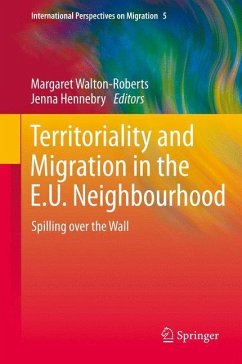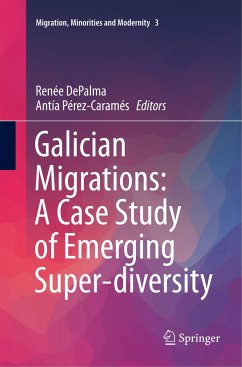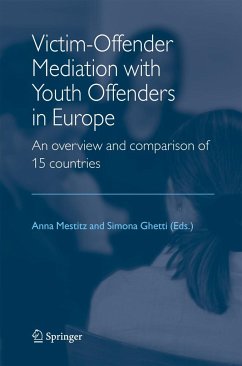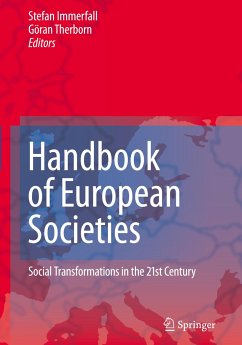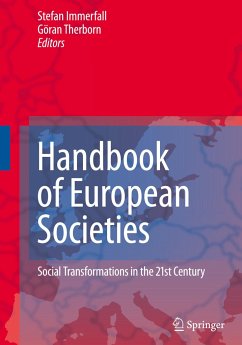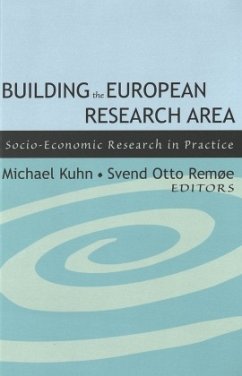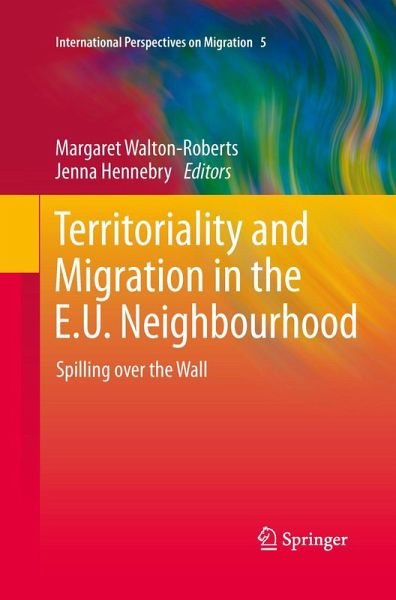
Territoriality and Migration in the E.U. Neighbourhood
Spilling over the Wall
Herausgegeben: Walton-Roberts, Margaret; Hennebry, Jenna
Versandkostenfrei!
Versandfertig in 6-10 Tagen
76,99 €
inkl. MwSt.

PAYBACK Punkte
38 °P sammeln!
This volume brings together an interdisciplinary group of scholars around an important question: how has migration changed in Europe as the European Union has enlarged, and what are the consequences for countries (and for migrants themselves) inside and outside of these redrawn jurisdictional and territorial borders? By addressing this question the book contributes to three current debates with respect to EU migration management: 1) that recent developments in EU migration management represent a profound spatial and organizational reconfiguration of the regional governance of migration, 2) the...
This volume brings together an interdisciplinary group of scholars around an important question: how has migration changed in Europe as the European Union has enlarged, and what are the consequences for countries (and for migrants themselves) inside and outside of these redrawn jurisdictional and territorial borders? By addressing this question the book contributes to three current debates with respect to EU migration management: 1) that recent developments in EU migration management represent a profound spatial and organizational reconfiguration of the regional governance of migration, 2) the trend towards the externalization or subcontracting of migration control and, 3) how the implications of Europe's changing immigration policy are increasingly felt across the European neighborhood and beyond. Based on new empirical research, the authors in this collection explore these three processes and their consequences for both member and non-member EU states, for migrants themselves, and for migration systems in the region. The collection indicates that despite the rhetoric of social and spatial integration across the EU region, as one wall has come down, new walls have gone up as novel migration and security policy frameworks have been erected - making European immigration more complex, and potentially more influential beyond the EU zone, than ever.





